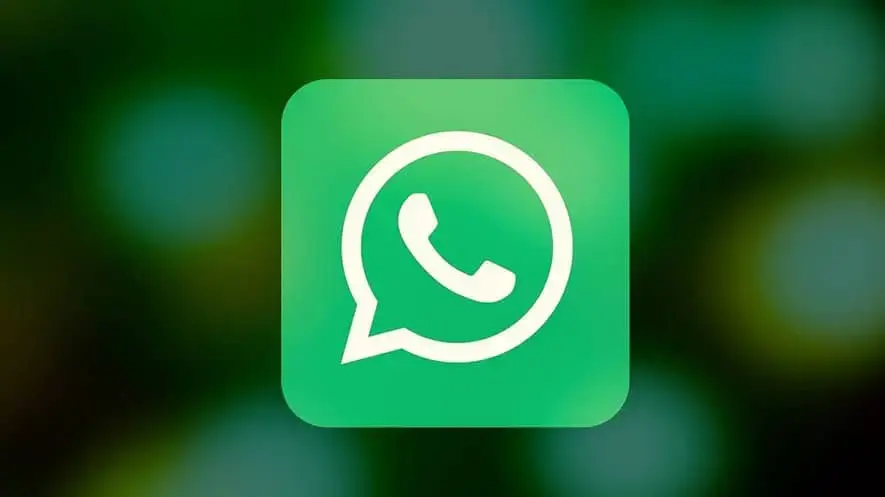
An Update on Building Safe and Secure Third-Party Chats for Users in Europe
As the Digital Markets Act (DMA) continues to reshape the digital landscape in Europe, major changes are coming to how WhatsApp and Messenger handle messaging across different platforms. This update is aimed at improving user experience while ensuring the safety and security of communications through third-party chat integrations.
What’s New in Third-Party Messaging?
Under the new regulations brought by the DMA, WhatsApp and Messenger are undergoing significant updates to support interoperability with third-party messaging services. This means that users of these popular apps will soon have the ability to connect with people using other messaging platforms that have chosen to integrate with them. This shift is designed to offer more flexibility and enhance communication options for users throughout Europe.
The User Experience: What to Expect
Meta has spent the past six months developing features and refining the user experience to make third-party chats as seamless as possible. Based on feedback from potential partners and stakeholders, Meta is excited to share what users can expect when these new features roll out.
One of the primary concerns Meta has addressed is ensuring that the integration of third-party messaging services is clear and user-friendly. To this end, Meta has introduced new notifications in WhatsApp and Messenger. These notifications will alert users whenever a new third-party messaging app becomes available, ensuring that they are always up to date with their communication options.
Moreover, Meta has developed a straightforward onboarding process that allows users to easily understand and activate third-party chats. This process includes options to select which third-party apps they wish to receive messages from and provides guidance on managing their inbox effectively.
Managing Your Chats: More Choices Than Ever
Recognizing that different users have different preferences, Meta has built features that offer flexibility in how third-party messages are managed. Users can now choose to have messages from third-party apps delivered into a separate folder, keeping them distinct from their current inbox. Alternatively, they can opt to combine all messages into a single, unified inbox. This choice allows users to tailor their messaging experience to their personal preferences, and they can switch between these options at any time.
Enhanced Messaging Features
Going beyond the basic requirements of the DMA, Meta has introducing a range of rich messaging features to enhance the user experience. These include reactions, direct replies, typing indicators, and read receipts, all of which are designed to make interactions more engaging and informative. Looking ahead, Meta is also planning to expand these features further. By 2025, Meta aim to introduce group chat capabilities, and in 2027, Meta will add voice and video calling options, providing even more ways for users to connect and communicate.
The Challenges of Building Third-Party Chats
Integrating third-party messaging services is a complex task that involves addressing numerous technical and security challenges. Ensuring that these integrations are both functional and secure is a shared responsibility between the developers of the third-party apps and our own technical teams. While Meta have made substantial progress, there is still much work to be done to refine these features and ensure they meet the highest standards of privacy and security.
Future Collaboration and Development
As Meta move forward, our focus will remain on collaborating closely with third-party messaging services to ensure the best possible experience for users. Meta is committed to working together with these services to refine the technology and address any issues that arise. Users will begin to see the benefits of third-party chats once the necessary technology is fully developed and tested, ensuring a positive and secure user experience.
How Third-Party Services Can Get Started
For third-party messaging services interested in integrating with WhatsApp or Messenger, there are specific steps to follow. First, services should review the Reference Offer, Developer Documentation Overview, and Application Guidelines provided. If they meet the qualifications, they can apply by completing the linked form. If eligible, they will receive detailed Developer Documentation under a non-disclosure agreement (NDA) to review the technical requirements.
Next, they will need to sign the Interoperability Agreement, fulfilling the relevant terms and technical specifications. With these agreements in place, they can begin building the necessary interoperability features. The final steps involve completing the milestones outlined in the Developer Documentation and working with WhatsApp and Messenger on a joint launch plan.
The updates to WhatsApp and Messenger under the Digital Markets Act mark a significant step toward more interconnected and flexible communication options for users in Europe. By allowing interoperability with third-party messaging services, Meta is opening up new possibilities for how people connect and communicate. As Meta continue to develop and refine these features, our commitment to maintaining a high standard of privacy and security remains at the forefront of our efforts.